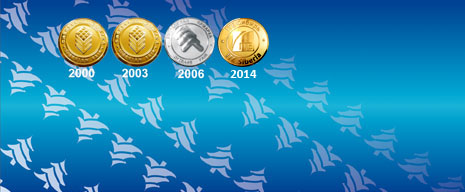 |
 |
Innovative Potential Of The Student’s Research Work
The article substantiates the importance of integrative organization of students’ academic and research work to fully develop the future linguist as a professional. When studying at the university the student needs to achieve a comprehensive development, including the formation of the ability to independently conduct research work, which is individual and creative in nature. The authors focus on the specifics of the formation of the student’s research competence, on the development of his personal motivation, analytical ability, and critical thinking. The article draws attention to the stages of the implementation of research work in the educational process, emphasizes its consistent, integrative, and complex nature. Along with the mandatory research course, the joint activity of the student and his supervisor, who guides the research in the right direction, is important. As our practical experience shows, when creating a new method of special linguistic analysis, a student needs to be based on fundamental theory and accumulated theoretical knowledge. The development of the method and methodology for its implementation is considered as a way to develop the student’s analytical thinking and reveal his innovative scientific potential. In the final part of the article the method of discursive-axiological analysis of the democratic values reflection in the mass media, developed in the process of scientific research, is presented in practice. Thus, this method and its methodology were successfully tested and verified during the defense of the bachelor’s graduate qualification work ‘Discursive and axiological specificity of the reflection of democratic values in the Russian and American media’. All this proves and reveals the innovative potential of the student’s research work.
Keywords: student’s research activity, integration process in higher education, individual research project, development of student’s analytical thinking and creative ability, development of a method of discursive-axiological analysis.
Сайт поддерживается в Новосибирском институте повышения квалификации и переподготовки работников образования и является участником Новосибирской открытой образовательной сети